The ‘1 Nojor’ media platform is now live in beta, inviting users to explore and provide feedback as we continue to refine the experience.
Pakistan’s Deputy Prime Minister and Foreign Minister Mohammad Ishaq Dar spoke by phone with Bangladesh’s Foreign Minister Dr. Khalilur Rahman, according to a statement from Pakistan’s Ministry of Foreign Affairs released on Sunday. During the conversation, Dar congratulated Rahman on his recent assumption of office and both sides agreed to strengthen bilateral relations and expand cooperation across various sectors. The two ministers emphasized building a forward-looking partnership focused on peace, stability, and prosperity. They exchanged views on enhancing mutual collaboration, including in trade and multilateral forums. The statement highlighted their shared commitment to developing a progressive partnership for the welfare of the peoples of both countries. The discussion underscored a mutual interest in deepening engagement between Bangladesh and Pakistan, signaling a renewed diplomatic effort to advance cooperation in multiple areas of shared interest.
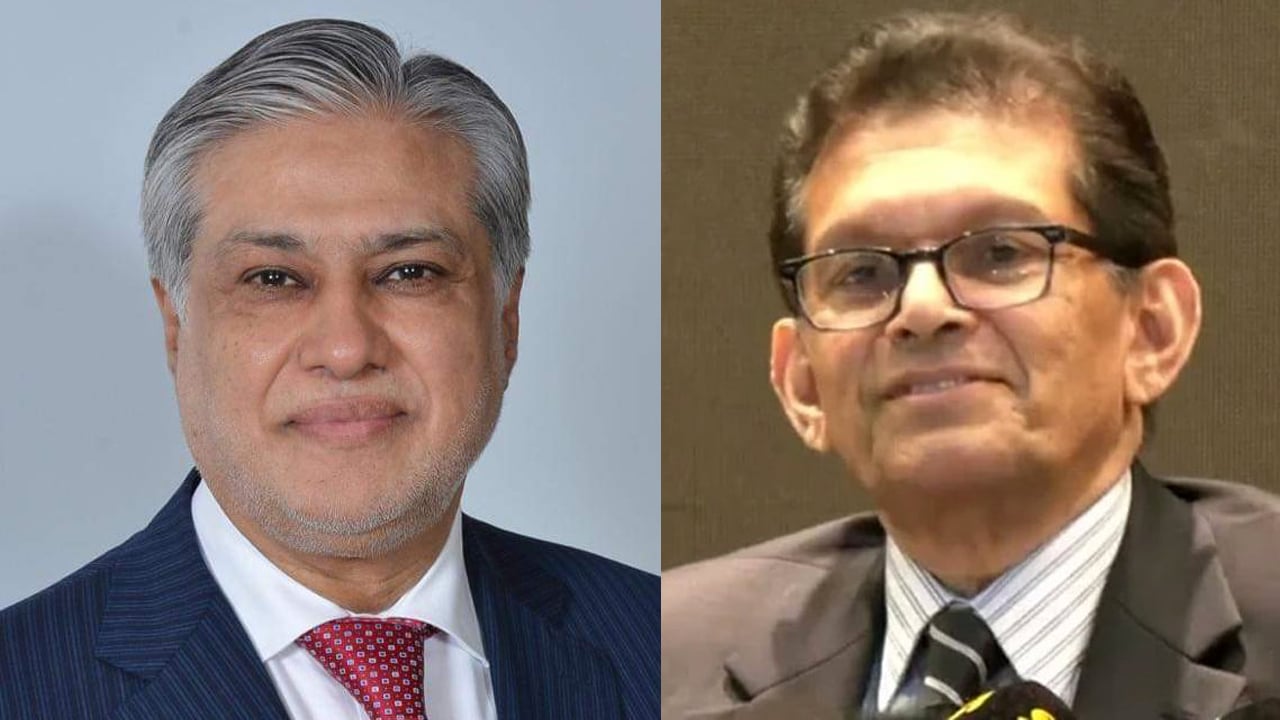
Religious Affairs Minister Kazi Shah Mofazzal Hossain (Kaykobad) has declared that no irregularities will be tolerated in the upcoming Hajj operations. Speaking at a meeting with ministry officials on Sunday afternoon at the Secretariat, he said that anyone found responsible for even the slightest deviation in Hajj management will face disciplinary action. The minister emphasized that the same standard of accountability applies to all government duties, warning that negligence in any official responsibility will not be excused. During the meeting, the minister urged officials to perform their duties sincerely for the satisfaction of Allah and to ensure their earnings remain lawful. He criticized the tendency of some officers to appear compliant without contributing meaningfully to the ministry or the country. He encouraged open communication, inviting officials to discuss any personal or professional issues directly with him and to point out if any directive seems unlawful. Senior officials, including the Religious Affairs Secretary Md. Kamal Uddin and several additional secretaries from different divisions, were present at the meeting.
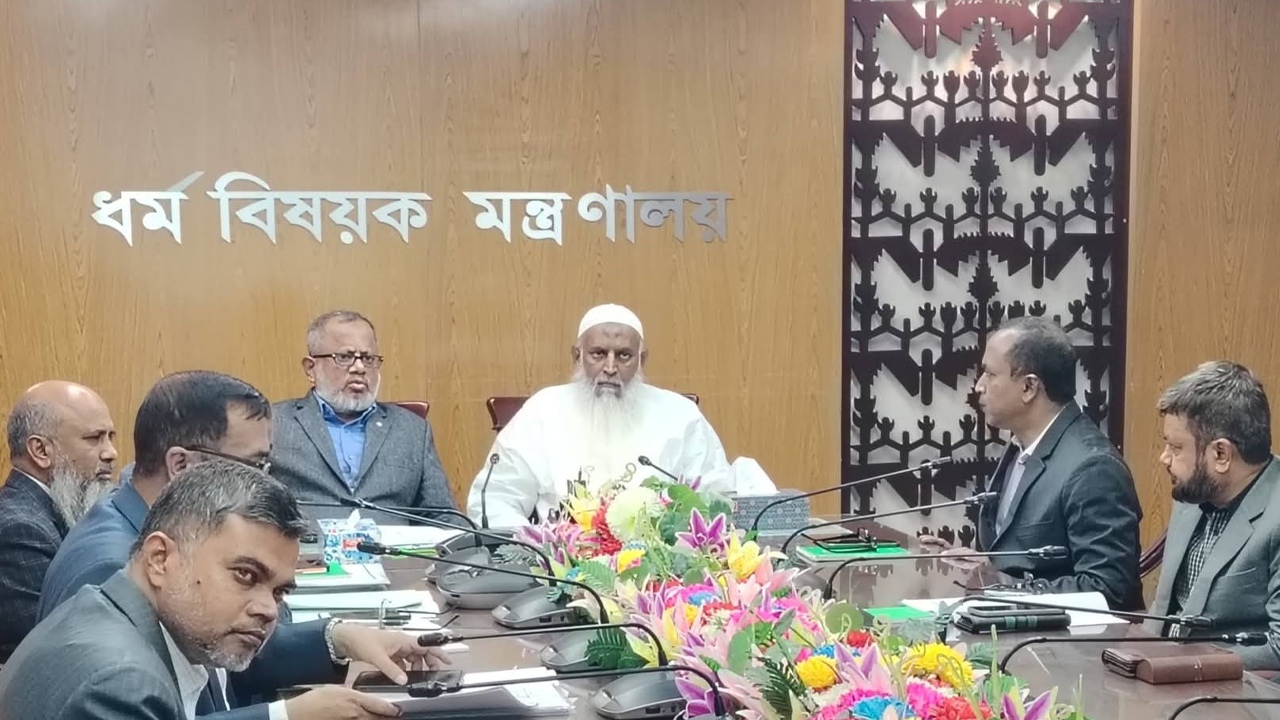
Chattogram City Corporation Mayor Dr. Shahadat Hossain has alleged that several advisers of the interim government engaged in election engineering to defeat the Bangladesh Nationalist Party (BNP). Speaking to journalists on Sunday afternoon at the inauguration of a playground and walkway in Halishahar, he said that despite such efforts, the people had countered the engineering and expressed their support for Tarique Rahman as the future prime minister of Bangladesh. Dr. Hossain rejected claims that the BNP manipulated the national election, asserting that as a part of the government, he could confirm that no such engineering was done by the party. He reiterated that the attempts by interim government advisers to influence the outcome had failed. Addressing the upcoming Chattogram City Corporation election, he said he wanted a credible and fair vote to test his popularity among residents. The mayor added that although his term legally extends until 2029, he prefers to hold elections sooner in the spirit of democracy and has already requested an early poll.
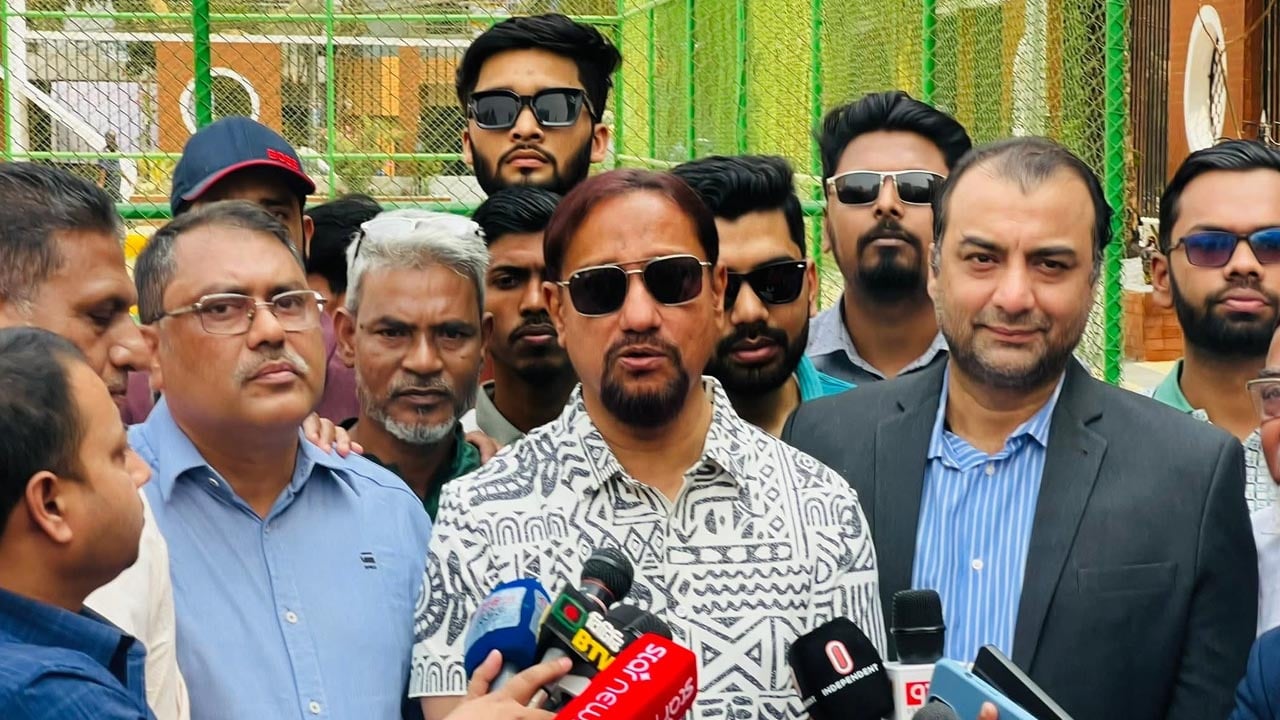
A group of extortionists demanded Tk 1 million from Asha Sheikh, a fish trader at Moylapota Sandhya Bazar in Khulna, threatening to shoot him and leave his body on the street if he failed to pay. The incident occurred around 2:15 p.m. on Saturday when the group created chaos at his business establishment named Allah’r Dan. Asha Sheikh later filed a written complaint with Khulna Sadar Police Station. In his complaint, Sheikh mentioned that Ekram and several unidentified men came with a group to demand the money. He said he was not present at the market during the incident, but the attackers searched for him by name in front of the market president and others, ordering his fish shop to remain closed. For safety, Sheikh has since moved to Barishal with his family. Khulna Police Officer-in-Charge Md. Kabir Hossain confirmed that police visited the scene, collected CCTV footage, and assigned Sub-Inspector Ibrahim Talukder to investigate. Authorities said those responsible would be identified and arrested.

The Anti-Corruption Commission (ACC) has filed two separate cases against former Jessore-1 Member of Parliament Sheikh Afil Uddin and his wife, accusing them of amassing about Tk 63 crore in unexplained wealth. The announcement was made on Sunday at the ACC headquarters in Segunbagicha, Dhaka, by the commission’s Director General (Prevention) Md. Akhter Hossain. The cases were filed under Section 27(1) of the Anti-Corruption Commission Act, 2004. According to the first case, Sheikh Afil Uddin was found to possess assets worth Tk 53.86 crore, including both movable and immovable properties, against a legal income of Tk 7.60 crore, indicating Tk 46.26 crore in unexplained wealth. The second case alleges that his wife, Tahera Sobha, owns assets worth Tk 19.23 crore against a legal income of Tk 3.18 crore, resulting in Tk 16.05 crore in unaccounted wealth. The ACC also issued notices to their three sons to submit wealth statements after discrepancies were found in their asset records, showing excess assets ranging from Tk 70 lakh to Tk 2.16 crore beyond known income sources.
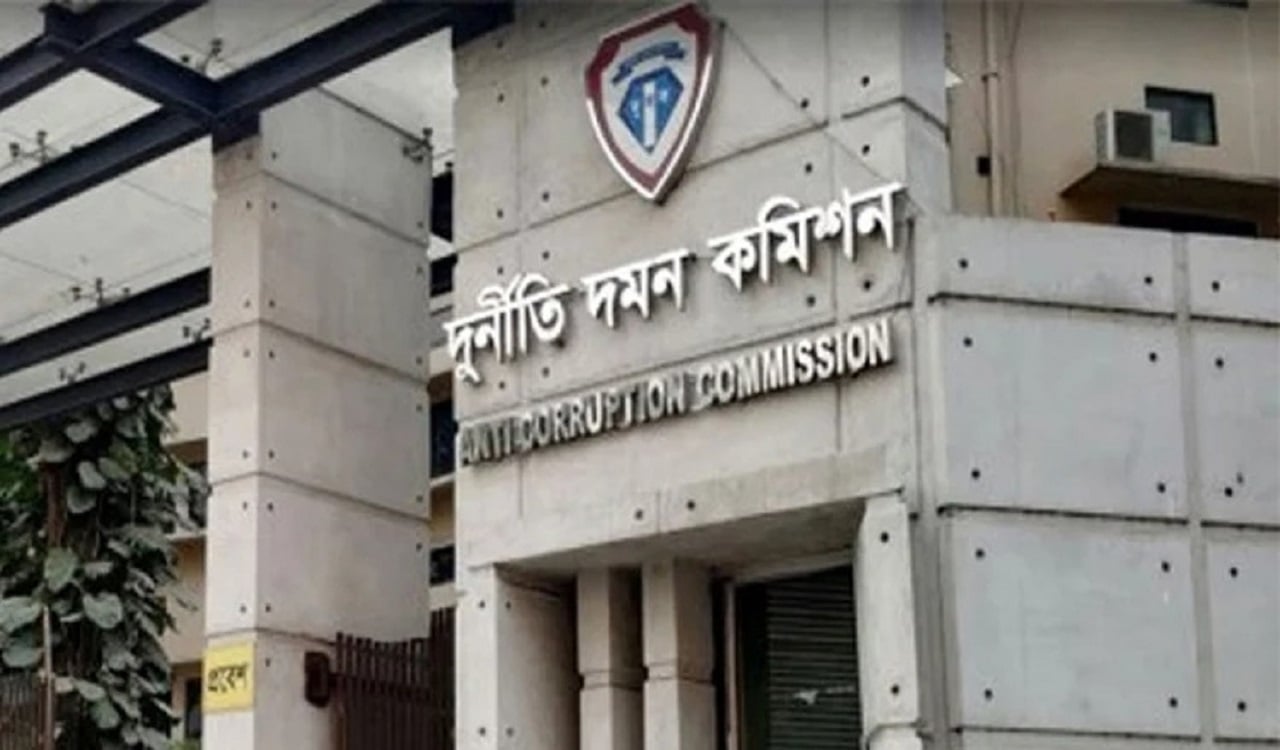
Israeli Prime Minister Benjamin Netanyahu announced on Sunday that Israel intends to form a regional network of allied nations to counter what he described as “radical” adversaries. The initiative, which he called a “hexagon” of alliances, would include countries such as India, Greece, Cyprus, and other unnamed Arab, African, and Asian states. Netanyahu made the remarks while confirming the upcoming visit of Indian Prime Minister Narendra Modi, saying India would be part of an “axis of nations that see eye to eye” with Israel. Modi expressed agreement with Netanyahu, emphasizing the strong bond and shared commitment between India and Israel. The announcement comes as Israel’s ongoing war on Gaza has weakened the Iran-led “axis of resistance,” including Hezbollah in Lebanon. Netanyahu also referred to both a “radical Shia axis” and an “emerging radical Sunni axis,” though he did not elaborate on the latter. The move follows strained relations between Israel and several Sunni-majority states, including Turkiye and Saudi Arabia, amid the Gaza conflict. It also builds on Israel’s efforts since 2020 to expand ties with Arab and Muslim nations under the US-backed Abraham Accords.

Nearly four years after President Vladimir Putin announced Russia’s full-scale invasion of Ukraine, the conflict—officially termed a “special military operation”—has deeply altered Russian society. Verified data from the BBC and MediaZona show more than 186,000 Russian combat deaths, far exceeding Soviet losses in Afghanistan. While western border regions like Kursk and Belgorod endure shelling and drone attacks, major cities such as Moscow and St Petersburg remain largely insulated, with sanctions causing inconvenience rather than collapse. Interviews conducted by Al Jazeera reveal a divided nation. Some Russians, like photographer Kirill from St Petersburg, lament Western sanctions and government censorship that blocks social media and punishes “fake news.” Others, such as Vladislav from Saratov, have come to support the war, citing patriotic motives. Meanwhile, soldiers like Alexander Medvedev, after witnessing combat in Ukraine, have deserted and fled abroad, disillusioned by the war’s toll. Millions have emigrated since 2022, though some have returned due to difficulties abroad. Despite economic adaptation and official claims of public support, many citizens remain apathetic or fearful of expressing dissent. The war’s continuation has entrenched censorship, reshaped daily life, and deepened both loyalty and fatigue across Russian society.

Greenland has declined former US President Donald Trump’s proposal to send a hospital ship to the Arctic island, following his repeated statements about potentially seizing the Danish autonomous territory for national security reasons. Prime Minister Jens-Frederik Nielsen said on Facebook that the offer had been noted but emphasized that Greenland’s public healthcare system provides free treatment for citizens. He added that Greenland remains open to dialogue and cooperation but urged Trump to engage directly rather than through social media. The move comes as relations between Denmark and the United States have been strained by Trump’s renewed interest in taking control of Greenland, a mineral-rich and strategically located Arctic territory. Danish Defence Minister Troels Lund Poulsen said Greenland’s population already receives adequate healthcare either locally or in Denmark, dismissing the need for foreign medical intervention. Danish Prime Minister Mette Frederiksen also highlighted the country’s universal healthcare system as a point of pride. Tensions over Greenland’s sovereignty have eased somewhat since Trump reached a framework agreement with NATO Secretary-General Mark Rutte in January to expand US influence in the region.

Iranian President Masoud Pezeshkian declared on Saturday that his country will not bow to pressure from the United States, following US President Donald Trump’s remarks that he was considering limited military strikes to force a deal on Tehran’s nuclear programme. Pezeshkian made the comments at a ceremony in Tehran honouring Iranian Paralympians, as the US expanded its military presence in the Gulf with two aircraft carriers and dozens of fighter jets. Indirect nuclear talks between Iran and the US resumed earlier this month in Oman and continued last week in Switzerland, but no breakthrough was achieved. Iranian Foreign Minister Abbas Araghchi said a draft deal could be finalised within days. Meanwhile, Trump warned that Iran had a short window to reach a “meaningful deal,” and hinted at possible limited strikes. Iran’s letter to the UN Security Council cautioned that any US aggression would be met “decisively and proportionately.” The growing military buildup has raised fears of regional conflict, prompting several countries, including Sweden, Serbia, Poland and Australia, to advise their citizens to leave Iran.

The United States Supreme Court has ruled that President Donald Trump’s earlier tariffs imposed under the International Emergency Economic Powers Act were unlawful, declaring that he exceeded his authority by using a law meant for national emergencies. In response, Trump invoked Section 122 of the US Trade Act of 1974 to impose a new 15 percent tariff on all trading partners, effective February 24, 2025. The new levy, which can last 150 days unless extended by Congress, is the first use of this legal authority by any US president. The ruling has cast uncertainty over multiple trade agreements signed last year with countries including the United Kingdom, India, and the European Union. While some deals, such as those covering UK steel, aluminium, and pharmaceuticals, remain unaffected, others face ambiguity about whether the new 15 percent rate supersedes negotiated terms. Trade lawyer Shantanu Singh noted that the incentive for partners to uphold their deals has diminished following the court’s decision. The White House said certain goods like beef, tomatoes, fertilisers, and aerospace products will be exempt. Analysts expect the US to use the 150-day window to reassess trade practices and potentially reinstate reciprocal tariffs under other legal provisions.

Iran has temporarily closed sections of the Strait of Hormuz and conducted live-fire military drills amid escalating tensions with the United States. The move coincides with the deployment of the USS Gerald R Ford to the Gulf, marking one of the largest US military build-ups in the region since 2003. The strait, through which about 20 percent of global oil supplies and a fifth of global LNG shipments pass, is the world’s most critical energy chokepoint. Tehran’s actions served as a warning of the potential economic fallout if Washington proceeds with threats to strike Iran. According to the US Energy Information Administration, roughly 20 million barrels of oil worth nearly $500bn transit the strait daily, with 84 percent of crude and 83 percent of LNG bound for Asia. Analysts told Al Jazeera that any closure would cause a major spike in oil prices, as 70 percent of OPEC+ spare capacity lies in the Gulf. Saudi Arabia, the UAE, and other exporters have limited alternative routes, while Asian economies such as China, India, Japan, and South Korea depend heavily on uninterrupted flows. Experts warned that a prolonged disruption could trigger global inflation, raise production costs, and unsettle Gulf investment and development projects.

Iranian President Masoud Pezeshkian said on Sunday that recent nuclear talks with the United States had produced “encouraging signals,” while warning that Tehran remains prepared for any outcome ahead of a new round of negotiations scheduled for Thursday in Geneva. His remarks came as fears of military confrontation grew, with the US expanding its military presence in the Gulf and President Donald Trump warning of “really bad things” if no deal is reached. Oman’s Foreign Minister Badr Al Busaidi confirmed that the third round of indirect talks between the two sides will take place in Switzerland. Iran’s Foreign Minister Abbas Araqchi reaffirmed that Tehran’s nuclear programme is a matter of national pride and that the country will not abandon it while it remains under international safeguards. He said Iran is ready to cooperate fully with the International Atomic Energy Agency and emphasized its right to peaceful nuclear energy, including enrichment. Araqchi added that Iran is preparing a draft proposal aimed at accommodating both sides’ interests and achieving a “fast deal.” Observers remain cautious, noting that despite positive rhetoric, major differences persist. Analysts warned that US expectations shaped by Israeli influence could hinder progress even if Iran offers significant concessions.

At least 17 people were killed and 24 others injured when a passenger bus fell into the Trishuli River in Nepal’s Dhading district on Sunday. The bus was traveling from Pokhara to the capital, Kathmandu, when it lost control and plunged into the river. According to police, a large number of security personnel joined the rescue operation at the site. The injured passengers were taken to nearby hospitals, and authorities are working to identify the deceased. The cause of the accident remains unclear. Road accidents are frequent in Nepal, a mountainous country where weak infrastructure, old vehicles, and challenging terrain contribute to recurring transportation disasters. The incident highlights ongoing safety concerns on Nepal’s intercity routes, particularly those connecting major cities through hilly regions. Authorities have not yet determined the specific reason for the crash, and investigations are underway to establish the cause and confirm the identities of the victims.
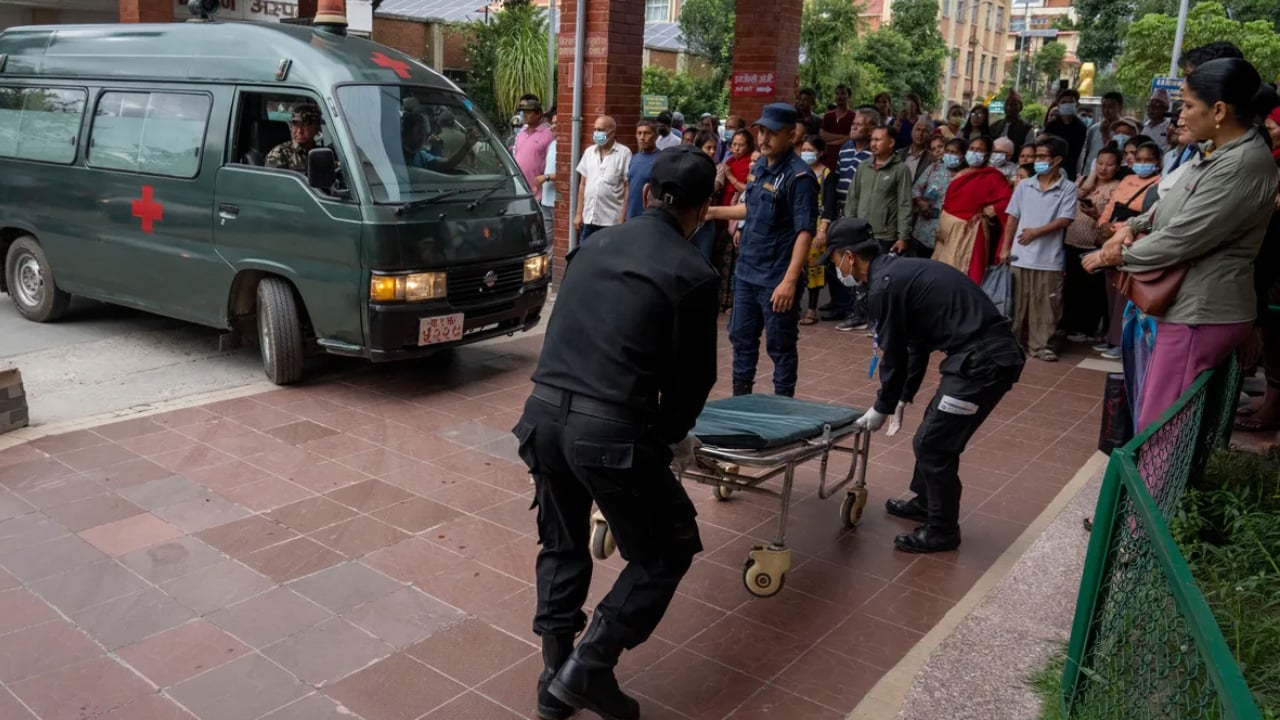
Several top-level changes have been made in the Bangladesh Army, with new appointments announced on Sunday afternoon through an official order from Army Headquarters. Lieutenant General Mainur Rahman has been appointed as the new Chief of General Staff (CGS), the second most important position after the Army Chief. He previously served as the General Officer Commanding (GOC) of ARTDOC. The former Principal Staff Officer (PSO) of the Armed Forces Division, Lieutenant General S M Kamrul Hasan, has been transferred to the Ministry of Foreign Affairs as an ambassador. The CGS post had remained vacant since January 17, following the tenure of Lieutenant General Mizanur Rahman Shamim. Major General Mir Mushfiqur Rahman has been appointed as the new PSO, replacing Hasan. He previously served as the GOC of the 24th Infantry Division. Major General Ferdous Hasan, formerly Commandant of the East Bengal Regimental Centre, has been named the new GOC of that division. In another major change, Brigadier General Kaiser Rashid has been promoted to Major General and appointed as the new Director General of the Directorate General of Forces Intelligence (DGFI), replacing Major General Jahangir Alam, who has been reassigned to the Ministry of Foreign Affairs. Additional transfers include Major General J M Imdadul Islam moving from the 55th Infantry Division to the East Bengal Regimental Centre, while Brigadier General Md Hafizur Rahman, previously posted at the Bangladesh High Commission in New Delhi, has been promoted to Major General and made GOC of the 55th Infantry Division.
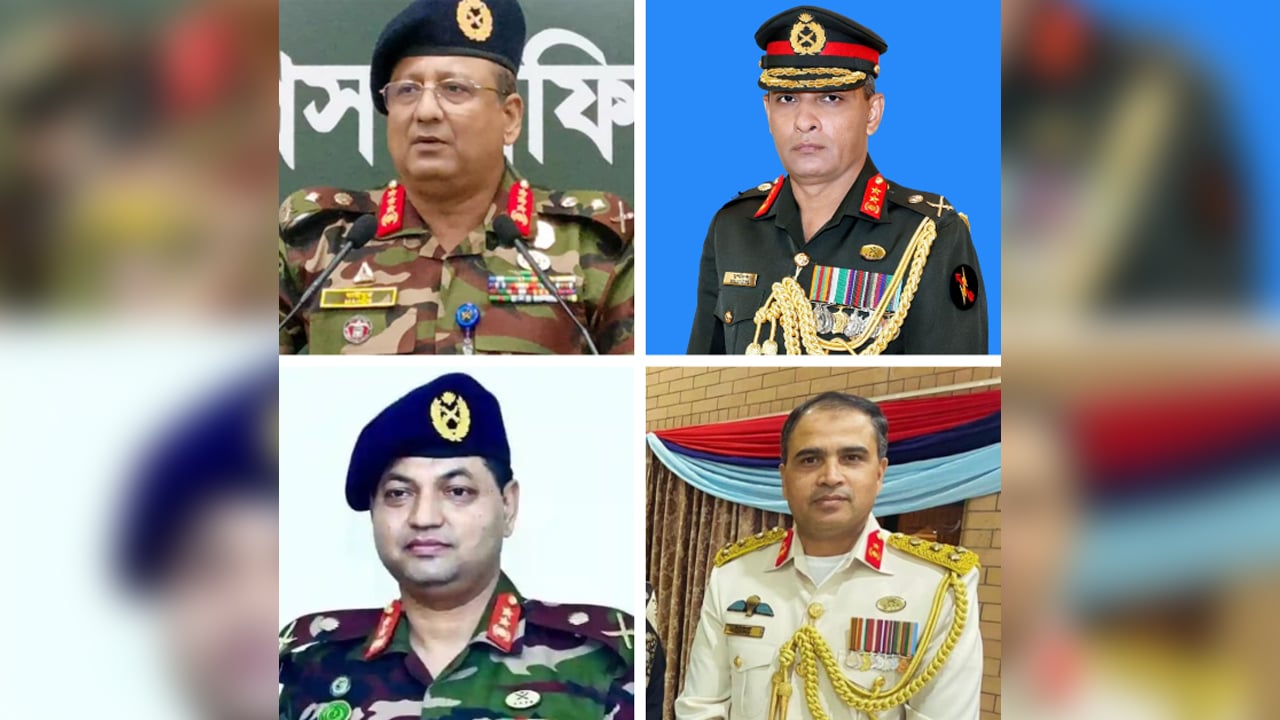
A 20-year-old man was shot and killed by the U.S. Secret Service while allegedly attempting to illegally enter former President Donald Trump’s Mar-a-Lago resort in West Palm Beach, Florida. The agency said in a statement on Sunday that the incident occurred around 1:30 a.m. local time near the resort’s north gate. The suspect was reportedly carrying a shotgun and a fuel can when agents tried to stop him, leading to an escalation that resulted in gunfire. The man died at the scene, and his motive remains unclear. Trump was in Washington at the time, and the White House did not immediately comment. The report noted that political violence has increased in the United States in recent years. In 2024, Trump survived two assassination attempts, one of which took place at his golf course in West Palm Beach. In June 2025, Minnesota Democratic lawmaker Melissa Hortman and her husband were shot dead, followed months later by the killing of conservative activist Charlie Kirk. In response to these incidents, security at Mar-a-Lago has reportedly been strengthened.
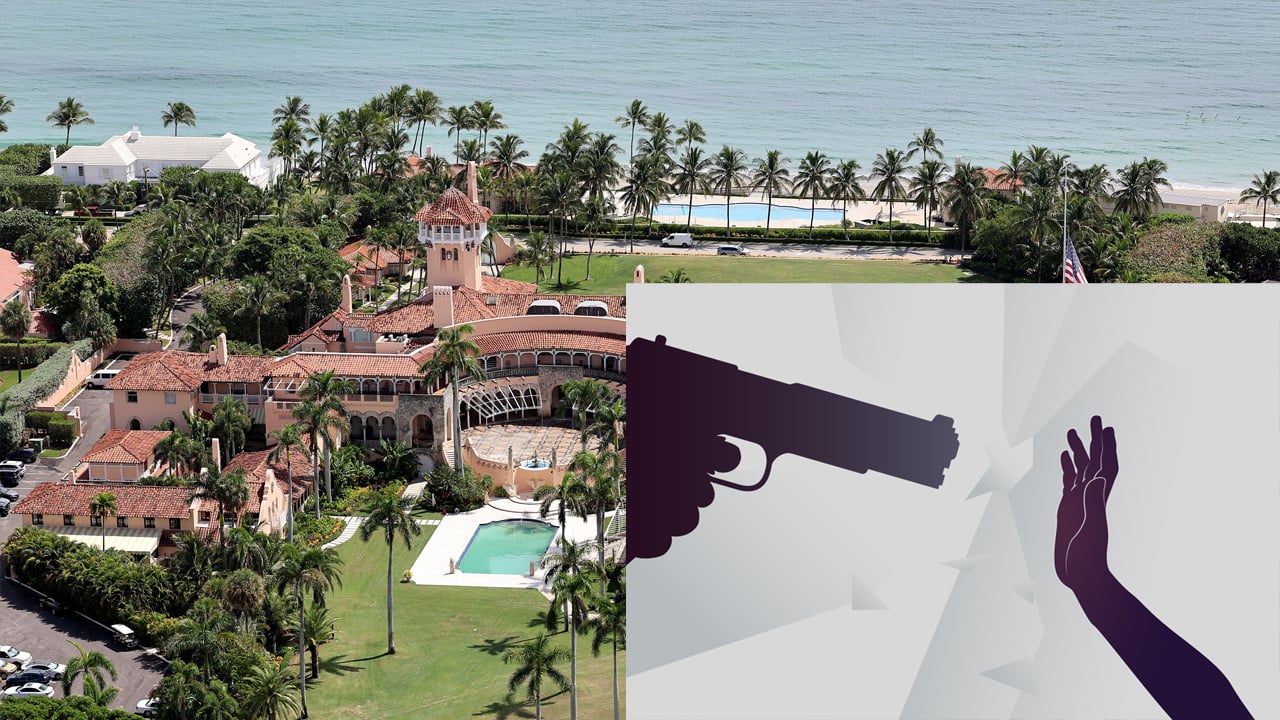
The ‘1 Nojor’ media platform is now live in beta, inviting users to explore and provide feedback as we continue to refine the experience.